Her trademark empathy on full display, Jacinda Ardern, the antipodean icon of female empowerment, recently delivered her farewell speech to the New Zealand Parliament.
The ex-Prime Minister announced her intention to resign in January, citing burnout as a key reason for her departure. At the time, Ardern said she had no plans other than to spend more time with family.
Already a subscriber? Log in
Subscribe for just $2 a week
Try a month of The Spectator Australia absolutely free and without commitment. Not only that but – if you choose to continue – you’ll pay just $2 a week for your first year.
- Unlimited access to spectator.com.au and app
- The weekly edition on the Spectator Australia app
- Spectator podcasts and newsletters
- Full access to spectator.co.uk
Or

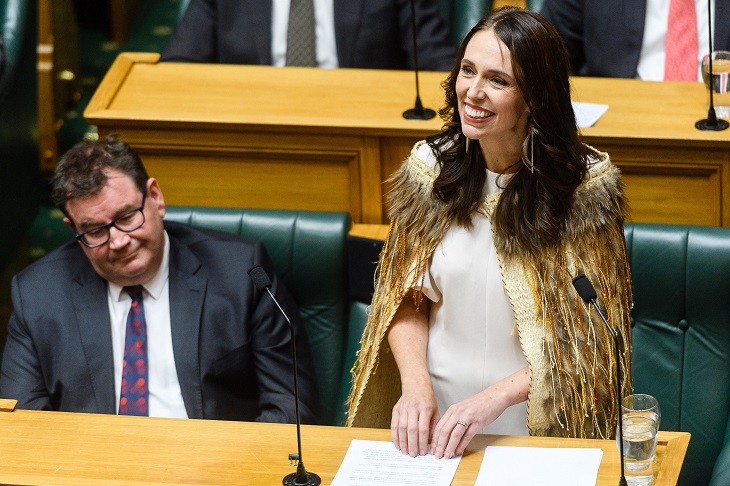
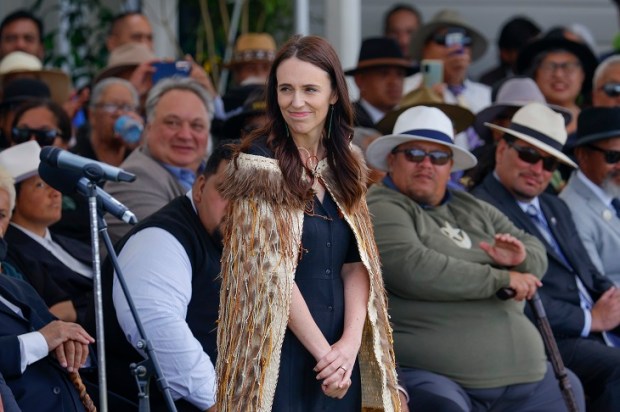
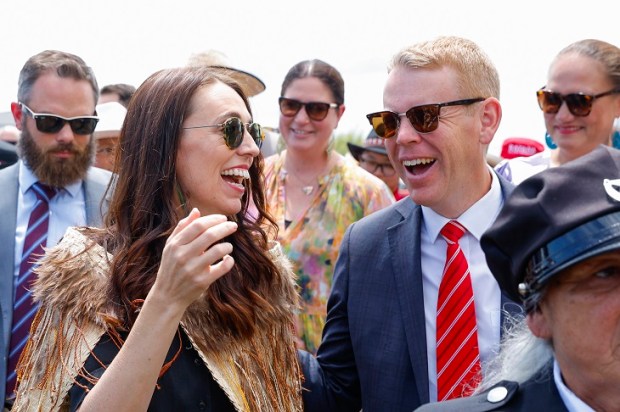

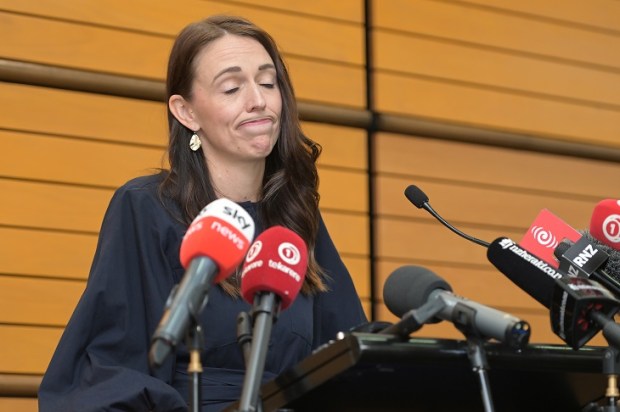
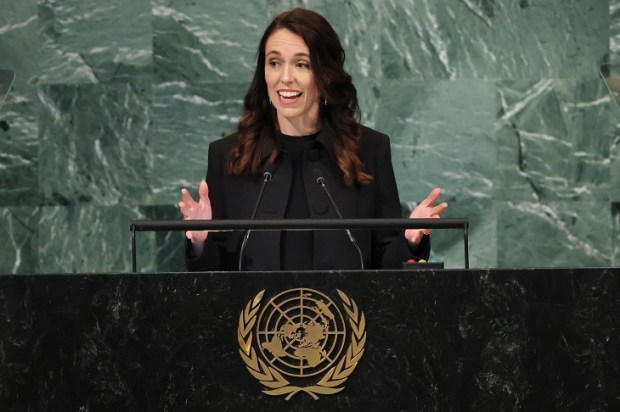
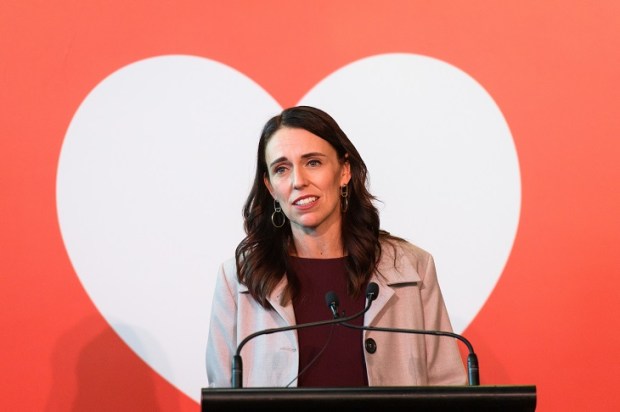


















Comments
Don't miss out
Join the conversation with other Spectator Australia readers. Subscribe to leave a comment.
SUBSCRIBEAlready a subscriber? Log in